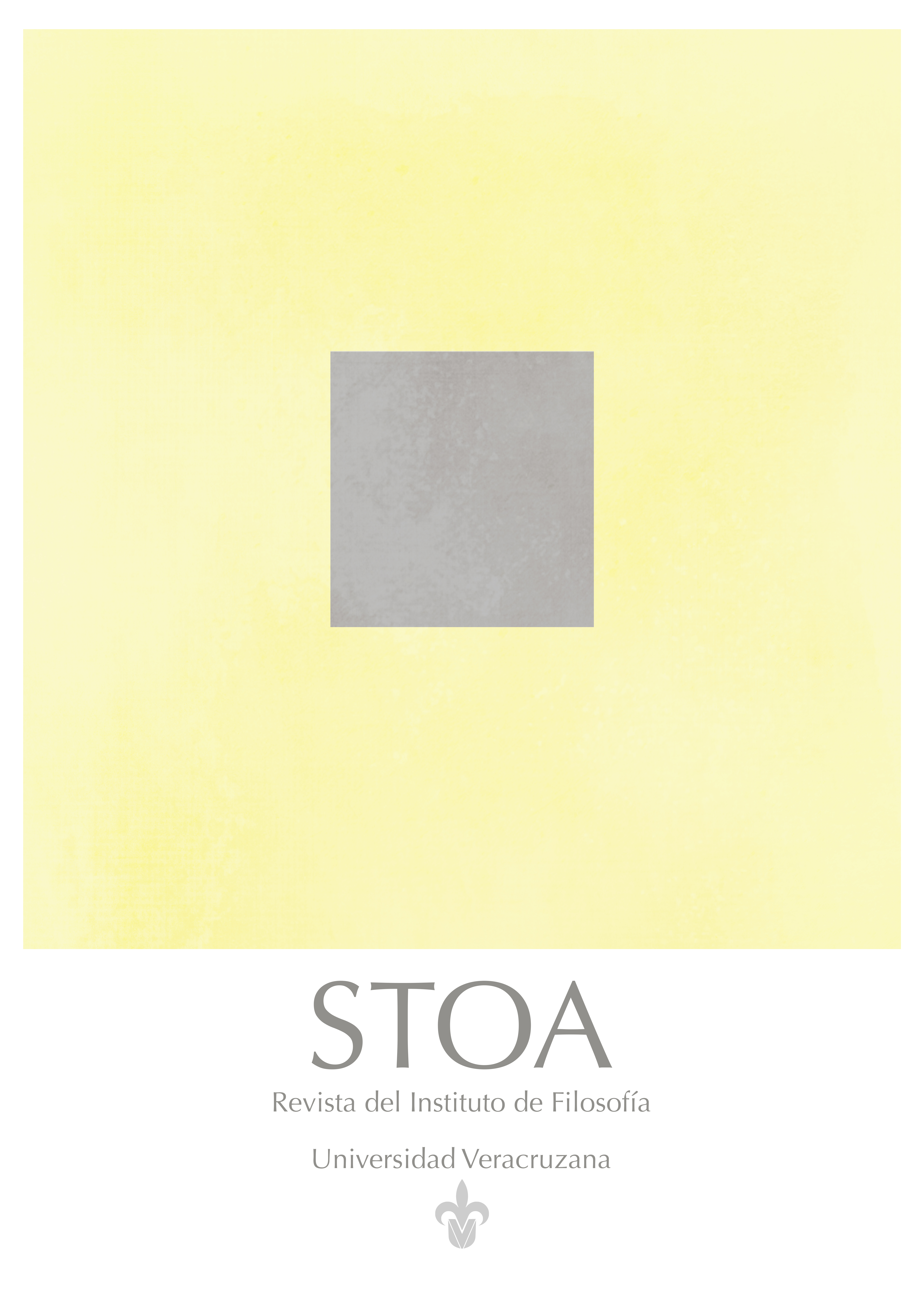Abstract
En este artículo se presentan varios argumentos neurobiológicos de las obras de Antonio Damasio. Esto con la finalidad de mostrar que las emociones y los fenómenos que a ellas subyacen son tan esenciales para el mantenimiento de la vida y la maduración posterior del individuo. Los argumentos que sustentan dicha tesis nos otorgan la posibilidad de entender mejor la tesis propuesta por el filósofo, Enrique Dussel Ambrosini, la cual sostiene que ---en su forma más elemental--- {\it la organización del cerebro humano ha respondido de forma universal al principio ético material universal de producción, reproducción y desarrollo de la vida del sujeto humano}. Lo que se busca al exponer algunos razonamientos de Damasio es demostrar que el contenido del principio ético se justifica en lo que Damasio denomina: ``el sentir fundamental''. Para él, del vínculo insoslayable entre emociones y sentimientos se desprende el mayor logro de la humanidad: ``el sentimiento fundamental de la vida''.
STOA is a biannual publication edited by the Institute of Philosophy of the Universidad Veracruzana, Tuxpan, No. 29, Frac. Veracruz, C.P. 91020, Xalapa, Ver., Tel. 8154285, http://www.uv.mx/filosofia. Responsible editor: Jesús Turiso Sebastián. Exclusive Use Rights Reservation No. 04-2008-121012511200-203, granted by the Copyright Reservation Directorate of the National Institute of Copyright of the Secretariat of Public Education, ISSN: 2007-1868. Responsible for the last modification of this issue: Jesús Turiso Sebastián, Tuxpan, No. 29, Frac. Veracruz, C.P. 91020, date of last modification August 5, 2011. Distribution and digital support by the Academic Software Development Department of the Universidad Veracruzana.
The opinions expressed by the authors do not necessarily reflect the position of the editor of the publication. Reproduction by any means of the texts published in this journal may be done as long as the source is cited, including the name of the author, the name and number of the journal, and its electronic address. For more information write to revistastoa@uv.mx.
Revista Stoa is a completely free publication, with no cost for processing or receiving articles and free access.
This work is under a Creative Commons Attribution-NonCommercial-ShareAlike 4.0 International license.

